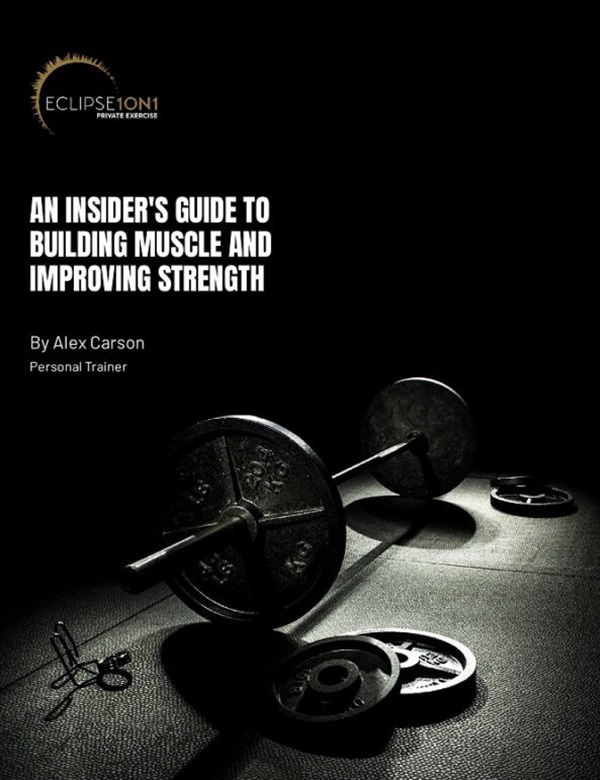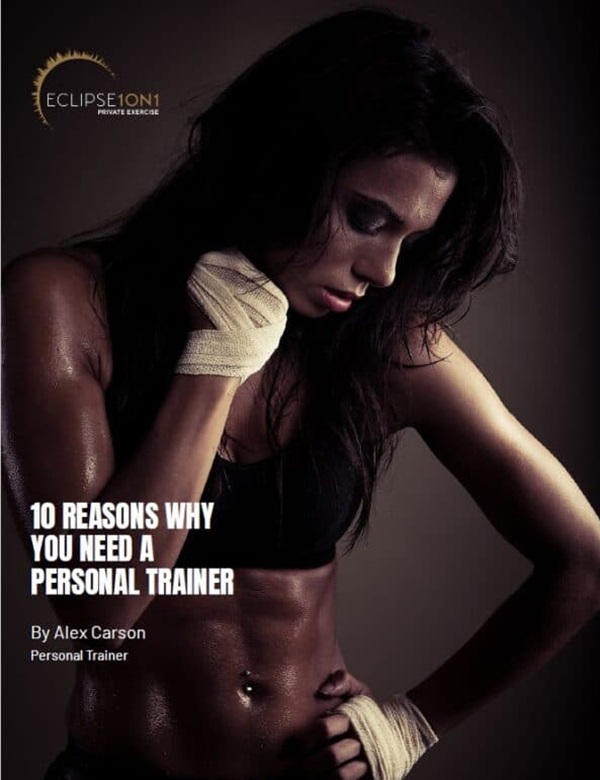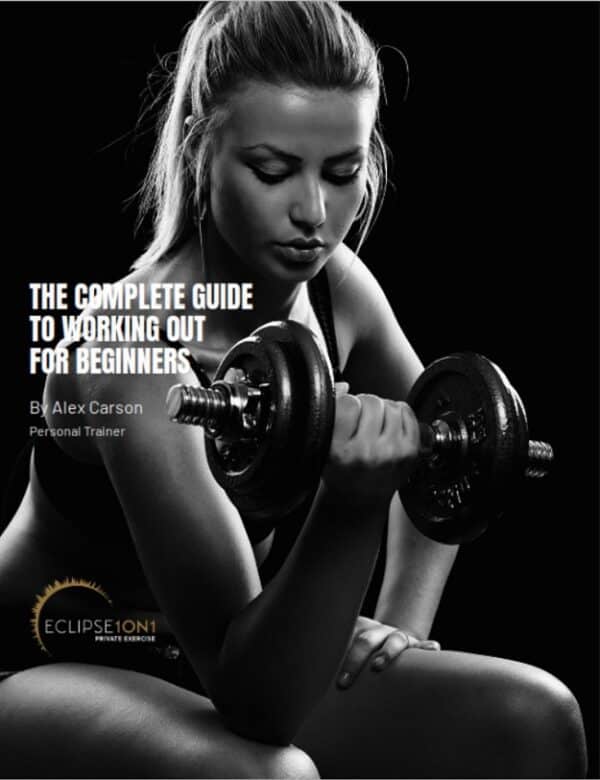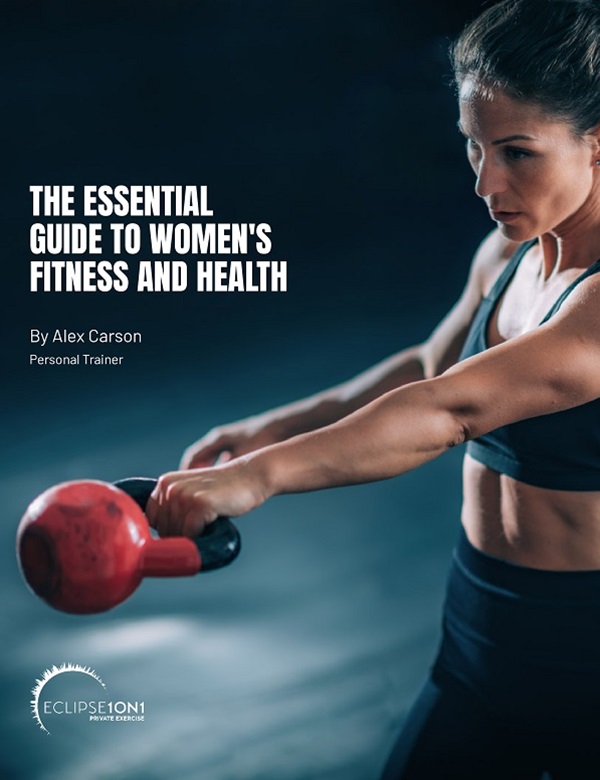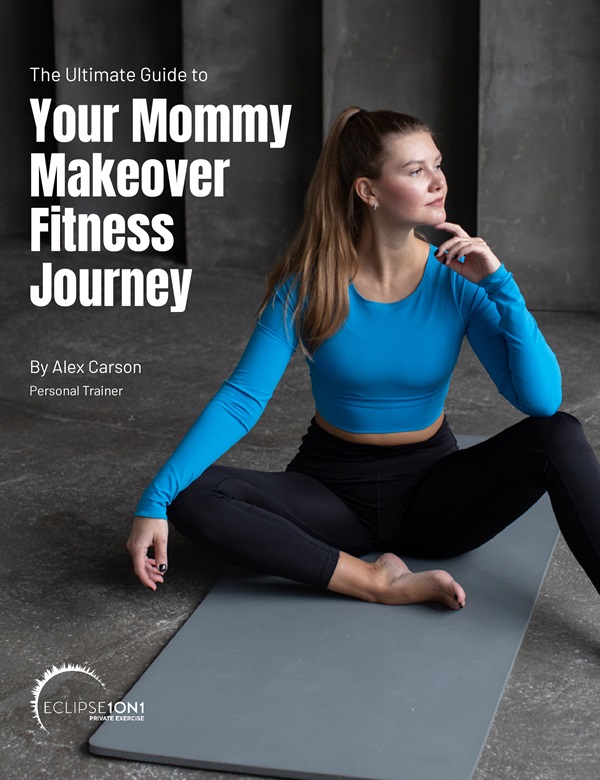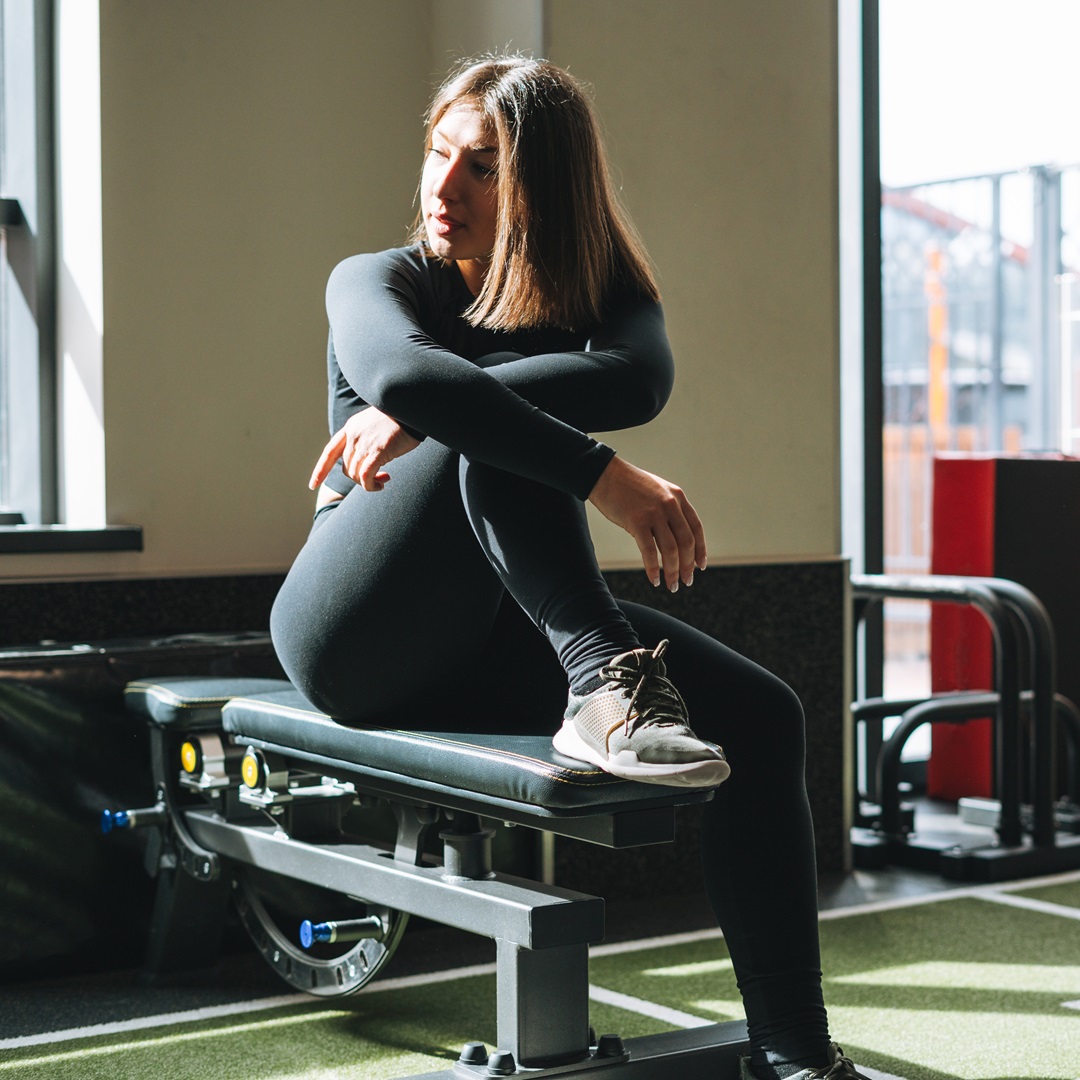Exercising Outside Safely in Atlanta’s Winter Weather
Exercising Outside Safely in Atlanta’s Winter Weather
There are so many opportunities to exercise outside in Atlanta that we often forget that the weather here can put us at risk. When working out in the cold, it’s important to exercise safely, which means dressing in layers, protecting your hands and feet, and knowing when to stay inside. This is especially true if you have asthma, heart problems, or Raynaud’s disease, as the wintry weather – when combined with exercise – can exacerbate these conditions.
Pay Attention to Weather Conditions
Temperature, wind, moisture, and how long you’ll be outside are crucial factors to staying safe. Pay attention to wind chill, which is a combination of temperature and wind. The wind chill can make exercising outdoors unsafe even with warm clothing, as the wind can penetrate your clothes and remove the insulating layer of warm air that surrounds your body.
In addition, know your risk of frostbite, which can affect any area of exposed skin. The risk of frostbite is less than 5% when the air temperature is above 5 degrees Fahrenheit, but your risk rises as the wind chill falls. If the temperature dips below 0 degrees Fahrenheit or the wind chill is extreme, then you’d be wise to workout indoors instead. What’s more, if it’s raining or snowing, keep your workout inside unless you have waterproof gear, because getting wet makes you more vulnerable to the cold. If you get soaked, you may not be able to keep your core body temperature at safe levels.
Dress in Layers
Don’t make the mistake of dressing too warmly when exercising in chilly weather. You generate a lot of heat when you exercise, which makes you feel like it’s much warmer than it really is. However, as your sweat evaporates, heat is pulled from your body, and you feel cold.
Dressing in layers solves this problem. Start with a thin layer of synthetic material, such as polypropylene, which draws sweat away from your body. Avoid cotton, which stays wet next to your skin. Next, add a layer of fleece or wool for insulation. Top this with a waterproof, breathable outer layer. As soon as you start to sweat, you can remove the top layer and put it back on as needed.
You may need to experiment to find the right combination of clothing for you based on your exercise intensity. If you’re lean, you may need more insulation than someone who is heavier.
Protect Your Head, Hands, Feet, and Ears
When it is cold, blood flow is concentrated in your body’s core, leaving your head, hands, and feet vulnerable to frostbite. So, wear a thin pair of glove liners made of a wicking material (such as polypropylene) under a pair of heavier gloves or mittens lined with wool or fleece. Put on the mittens or gloves before your hands become cold and then remove the outer pair when your hands get sweaty.
If your exercise shoes allow it, slip on a pair of thick, thermal socks or an extra pair of regular socks. You may even want to buy winter exercise shoes that are a half- or full-size larger than your regular shoes to accommodate this extra protection.
Finally, don’t forget a hat to protect your head or headband to protect your ears. If it’s very cold, then consider wearing a scarf or ski mask to cover your face.
You Still Need Sunscreen
Just because it’s cold outside doesn’t mean the suns rays can’t scorch your skin. If there is snow on the ground, then your risk of sunburn increases because of the reflective factor of white snow. To protect yourself, apply not only a sunscreen that blocks both UVA and UVB rays, but also a lip balm with sunscreen.
Drink Plenty of Fluids
It’s as important to stay hydrated in winter as it is in summer – even more so because you might not notice how dehydrated you’re becoming when you’re bundled up in the cold. So, drink water or sports drinks before, during, and after your workout, even if you’re not thirsty.
If Working Out in the Cold Isn’t for You
For some diehard fitness enthusiasts, working out in 20- or 30-degree weather is not for them. If this sounds like you and the comfort of a climate-controlled gym is what you’re after – along with some of the best personal trainers in Atlanta – then come and see us. We can help you stay fit noy only during these winter months, but also all year long.

